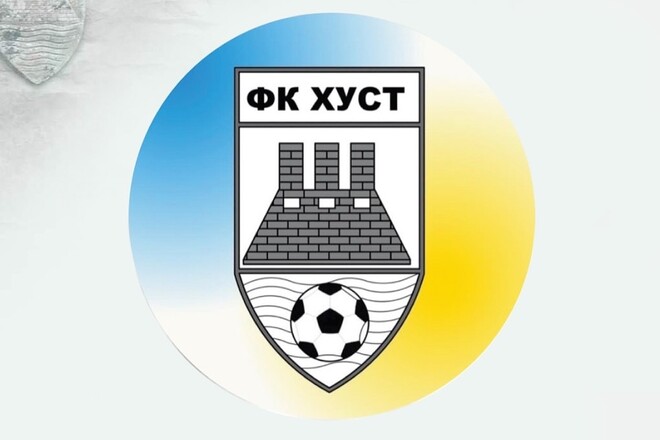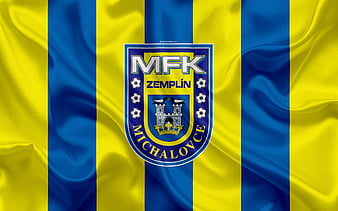
Tokyo Verdy FC
Among the iconic figures is Kazuyoshi Miura, known affectionately as the “King of Soccer” in Japan. His prolific goal-scoring record, leadership, and longevity are testaments to his exceptional talent. Miura’s association with Tokyo Verdy FC underscores the club’s tradition of nurturing versatile and dedicated players, establishing a legacy that resonates well beyond the pitch.
Kazuyoshi Miura: A Legacy of Tokyo Verdy FC
Kazuyoshi Miura, born in 1967 in Shizuoka, has transcended the typical lifespan of a professional athlete. His debut came at the age of 18, and his career has continued unabated well into his 50s, making him an inspirational figure in Japanese football. Miura’s career exemplifies the virtue of perseverance. He has played in various leagues in Brazil, Italy, and lastly, Japan, where he spent a significant part of his career with Tokyo Verdy Kkwin.fish.
His goal-scoring prowess is legendary, having amassed hundreds of goals throughout his career. Miura’s technique and flair on the ball have captivated fans and opponents alike. His ability to remain relevant in a sport that continually evolves speaks to his dedication to fitness and training. Knowing that adaptability is key, Miura has worked diligently to refine his game, often being the first to arrive at training and the last to leave.
Moreover, his leadership qualities can’t be overlooked. Beyond stats and accolades, Miura has served as a mentor to younger players at Tokyo Verdy, fostering a culture of excellence within the squad. His experience and wisdom create a unique atmosphere where young talents can thrive, turning the club into a nurturing ground for future stars.
Ruy Ramos: The Multicultural Influencer
Another notable player is Ruy Ramos, a Brazilian-born midfielder who became a Japanese international legend. Ramos arrived in Japan in the 1980s and immediately made a significant impact on Tokyo Verdy FC. With his technical skills and strategic understanding of the game, he quickly adapted to the Japanese style of play, which was still maturing at the time.
Ramos’s influence on the club is indisputable. Under his stewardship, Verdy not only clinched multiple league titles but also became synonymous with attractive football. His ability to orchestrate play from the midfield, combined with his scoring ability, set a new standard for players in the J-League. He showcased the importance of technical skill and vision, leading younger talents and teaching them the nuances of the game.
The multicultural influences that players like Ramos bring to Japanese football enhance the country’s footballing landscape. His success story illustrates how foreign talent contributes to the development and international recognition of Japanese football. Ramos paved the way for other international players, and his legacy continues to inspire new generations of athletes, enabling a more inclusive football culture in Japan.
Cultural Influences on Tokyo Verdy
The narrative of Tokyo Verdy FC is riddled with stories of players who have contributed to the club’s identity. Both Miura and Ramos symbolize a blend of Japanese tradition and international flair, reflecting how cultural exchange can enrich a league.
While Miura provides the spirit of loyalty and dedication rooted in Japanese culture, Ramos embodies the technical finesse and strategic play inherent in South American football. Their careers highlight the importance of embracing diversity in player backgrounds. This multicultural ethos gives Tokyo Verdy a unique character, enriching the team’s playing philosophy and overall appeal.
As Tokyo Verdy FC continues its journey, the club’s management is keen on maintaining this blend of local and foreign talent. This approach not only enhances the team’s performance but also assists in building a global fanbase that resonates with the ethos of modern football, where the blend of cultures is celebrated.





